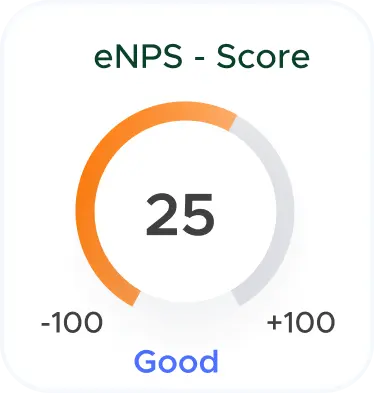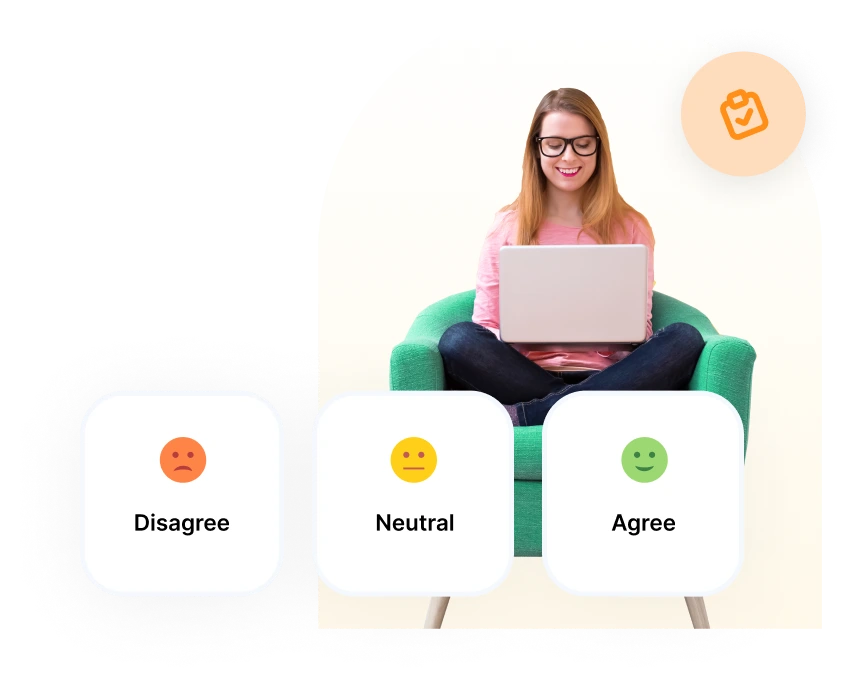What is the best answer for the notice period?
The best answer for the notice period would be to comply with the notice period specified in your contract or company policy and to communicate effectively with your employer regarding your intentions and any necessary arrangements.
What is a 1-month notice period?
A one-month notice period means that you or your employer must give termination notice one month before leaving the job.
What is the 3-month notice period?
A three-month notice period means that you or your employer must give termination notice three months before leaving the job.
Can you give 1 week notice?
Some companies may allow a one-week notice period, but it's less common. Typically, notice periods are longer to allow for adequate transition time.

.svg)













.svg)



.svg)
.svg)